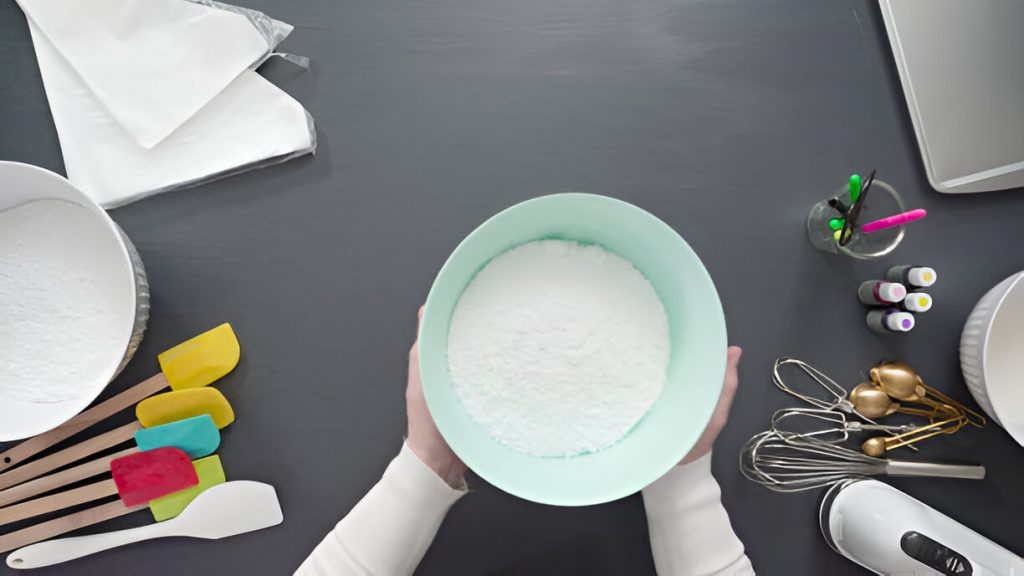If you’ve ever found yourself craving a cup of joe but without a coffee maker in sight, don’t fret – you’re not alone! In this guide, we’ll show you how to whip up your favorite brew using simple methods and everyday items. From French Press finesse to Cowboy Coffee charm, you’ll soon be enjoying that perfect cup of coffee sans machine. So grab your ingredients and let’s get brewing!
Using a French Press
To make coffee using a French Press, you’ll need coarse coffee grounds and hot water. Start by boiling water and letting it cool slightly to around 200°F. While the water is heating, measure out the right amount of coffee beans and grind them to a coarse consistency. The proper grind size is crucial for successful French press brewing. Add the grounds to your French Press and pour in the hot water, ensuring all grounds are saturated. Let it steep for about four minutes before pressing down the plunger slowly. This step is essential in controlling the extraction process as part of the French press techniques. Once pressed, pour the brewed coffee gently into your cup, avoiding any sediment at the bottom. Mastering these steps will elevate your French press coffee game instantly!
Making Cowboy Coffee
You’ll need to boil water and ground coffee in a pot to prepare Cowboy Coffee. This method is perfect for outdoor camping, adding rustic charm to your morning cup of coffee. Campfire coffee enthusiasts swear by this traditional brewing technique that delivers a flavorful cup every time. Making Cowboy Coffee is a simple process that involves bringing water to a boil, adding coarsely ground coffee, letting it steep briefly, and then pouring slowly to avoid the grounds ending up in your mug. The result? A strong and robust brew that holds the essence of the outdoors in every sip. Embrace the simplicity and rich taste of Cowboy Coffee on your next camping adventure for an authentic experience under the open sky.
Brewing Coffee With a Pour-Over
When brewing with a pour-over method, it’s essential to pour the water slowly over the coffee grounds in a circular motion for an even extraction. Start by ensuring your water temperature is around 195-205°F for optimal results. The grind size should resemble coarse sea salt, and allow for a bloom time of about 30 seconds after the initial pour. Choose a suitable filter type that fits your brewer and aim for an extraction time of around 2-4 minutes. Maintain a coffee to water ratio of 1:16 or adjust to taste preferences. Consider using a stirring method during brewing for uniform saturation. Finally, savor the rich flavors achieved in your preferred brewing vessel and delight in the nuanced tasting notes of your freshly brewed cup!
DIY Coffee Bag Method
For a DIY coffee bag method, simply grab a filter, fill it with your favorite ground beans, tie it up securely, and steep in hot water for a delicious cup of joe on the go! When choosing a filter alternative like cheesecloth or a muslin cloth, ensure that it is tightly woven to prevent coffee grounds from seeping through. The ideal steeping time for this brewing technique is around 4-5 minutes to extract the flavors properly. Use coarsely ground coffee beans for better results. Make sure the water temperature is between 195-205°F (90-96°C) for optimal extraction without scalding the grounds. By following these steps and paying attention to details like water temperature and steeping time, you can enjoy a quality brew using the DIY coffee bag method.
Instant Coffee Hack
To whip up a quick cup of joe, instant coffee can be your best friend in times when you need a caffeine boost without the hassle. When you’re in need of that quick caffeine fix, consider these instant coffee alternatives:
- Mix it with hot water or milk for a classic instant coffee.
- Sprinkle some over vanilla ice cream for an easy affogato treat.
- Blend it into your morning smoothie to add a subtle coffee flavor.
Instant coffee is not just about convenience; it opens up a world of possibilities for coffee grounds creativity. So when you crave your daily dose of coffee without gadgets, remember that DIY coffee solutions are just a jar of instant away!
Cold Brew at Home
You might be surprised at how easy and delicious cold brew can be with just a few simple steps! Quick cold brew is a game-changer when it comes to making your favorite coffee at home. Forget the need for fancy equipment; all you require are some basic ingredients and patience. Alternative methods like using a French press or a mason jar can give you the same great taste without any hassle. Easy steps involve mixing coarsely ground coffee with water, letting it steep overnight, and then straining it in the morning for a smooth and flavorful DIY recipe. The benefits of cold brew include lower acidity levels, smoother flavors, and the convenience of having a batch ready in your fridge whenever you crave that caffeine kick!
Turkish-style Coffee
Exploring the rich and aromatic world of Turkish-style coffee can transport you to a traditional experience full of bold flavors and cultural significance. When preparing this delightful beverage, remember to use finely ground beans for an authentic taste. The traditional preparation involves simmering the coffee in a special pot called a cezve, allowing the grounds to settle before pouring into a unique serving cup.
- Frothy texture: Achieved by vigorously stirring the coffee during preparation.
- Rich flavor: Due to the slow brewing process that extracts all the intense flavors from the beans.
- Unique serving style: Served unfiltered with the grounds settled at the bottom, adding character to each sip. Enjoy this immersive journey into Turkish coffee culture!
Making Espresso Without a Machine
If you enjoyed Turkish-style coffee, you might be intrigued by making espresso without a machine. Don’t worry; there are alternative methods to pull off that perfect shot of espresso at home. Here’s a table with some DIY techniques and brewing methods for homemade espresso recipes:
| Espresso Shot Alternatives | Homemade Espresso Recipes | Espresso Without Equipment |
|---|---|---|
| Moka Pot | Affogato | French Press |
| Aeropress | Espresso Martini | Cold Brew |
| Handpresso | Iced Latte | Vietnamese Phin |
| Nanopresso | Cappuccino | Pour Over |
| Minipresso | Coffee Tonic | Instant Espresso |
Try out these creative ways to satisfy your espresso cravings at home without needing an expensive machine!
Stovetop Moka Pot Coffee
Using a stovetop Moka pot is a traditional and simple way to brew strong espresso-like coffee at home. To make the most of your Moka pot experience, consider these tips:
- Moka Pot Maintenance
- Remember to clean your Moka pot thoroughly after each use to prevent bitter flavors from lingering.
- Perfecting Grind Size
- Experiment with different grind sizes until you find the one that produces the best flavor for your taste buds.
- Water Temperature Tips
- Use hot water but not boiling water when brewing with a Moka pot to avoid scorching the coffee grounds.
Japanese Iced Coffee Technique
For a refreshing twist on your morning brew, try the Japanese iced coffee technique. This method offers unique benefits compared to traditional cold brewing. By brewing hot coffee directly onto ice, you lock in aromatics and flavors that might be lost in long cold brew processes. The result? A smooth cup with bright acidity and balanced sweetness. To try this at home, you’ll need a scale, grinder, pour-over cone or dripper, paper filter, kettle, fresh coffee beans, and ice cubes. Start by grinding your coffee medium-fine, then place ice in the dripper and set it over your vessel. Slowly pour hot water over the grounds to make a delicious cup of Japanese iced coffee with vibrant flavor profiles that will kickstart your day.
Aeropress Coffee Brewing
The Aeropress method creates a smooth and rich brew that’s perfect for those craving a bold flavor profile. If you’re looking to enhance your Aeropress experience, here are some tips to help you make the most out of this brewing technique:
- Aeropress troubleshooting: In case your coffee tastes too weak, try adjusting the grind size or increasing the steeping time.
- Aeropress recipe variations: Experiment with different coffee beans or water temperatures to discover new flavor profiles that suit your taste preferences.
- Aeropress filter options: Choose between paper filters for a cleaner cup or metal filters for a fuller body and eco-friendly option.
Brewing Coffee With a Chemex
To get the best results with your Chemex, ensure you use a proper grind size to achieve the ideal extraction for a flavorful brew. The Chemex filters, known for their thickness that can produce a clean cup, are essential. However, some find them expensive and prone to breaking. When it comes to grind size for Chemex, aim for a medium-coarse consistency resembling sea salt. Water temperature for Chemex should be around 200°F (93°C) – just below boiling point. Mastering the pouring technique with Chemex is crucial; start with a bloom pour and then continue in slow concentric circles. Lastly, don’t forget the cleaning and maintenance of your Chemex by washing it with warm soapy water after each use and rinsing thoroughly.




